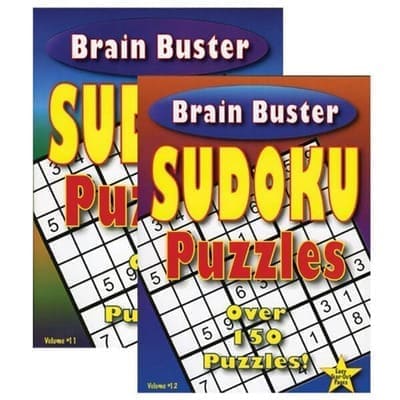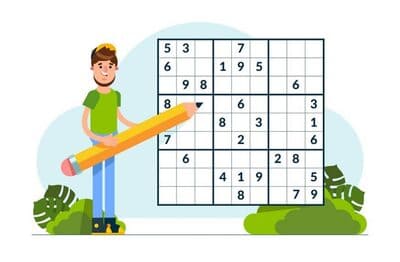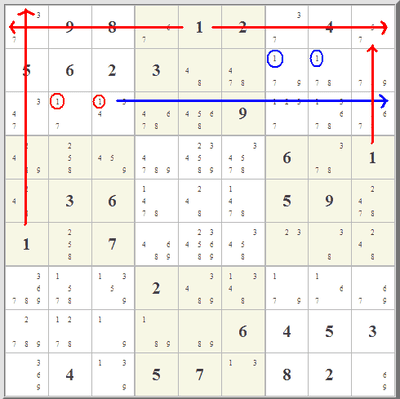Sudoku, the deceptively simple 9×9 grid puzzle, has captivated millions worldwide. But beyond its reputation as a pastime, Sudoku offers profound benefits for the brain, emotions, and even social connections.

In this article, we’ll answer key questions like “Why is Sudoku addictive?” and “Why play Sudoku for cognitive health?” while revealing why this puzzle deserves a spot in your daily routine.
1. Why Is Sudoku Addictive?
The Psychology of Puzzle Passion

Sudoku’s allure lies in its perfect balance of challenge and reward. Here’s why it hooks players
- Instant Gratification: Filling a single cell triggers dopamine release, the brain’s “reward chemical.”
- Progressive Difficulty: From beginner to “diabolical” levels, it adapts to keep you engaged.
- The Zeigarnik Effect: Unfinished puzzles create mental tension, compelling you to complete them.
- Fun Fact: A 2022 study in Applied Cognitive Psychology found that 68% of Sudoku players describe it as “relaxingly addictive.”
2. Why Play Sudoku?
5 Science-Backed Cognitive Benefits

Sudoku isn’t just fun—it’s a brain booster. Research highlights its power to
- Sharpen Logic & Problem-Solving: Each puzzle trains deductive reasoning akin to math proofs.
- Improve Memory: Tracking candidates across grids strengthens working memory (University of Exeter, 2019).
- Enhance Concentration: A 30-minute session mimics meditation’s focus-enhancing effects.
- Delay Cognitive Decline: Regular play correlates with 29% lower dementia risk in seniors (Harvard Health).
- Boost Pattern Recognition: Essential for skills like coding and data analysis.
3. Why Is Sudoku Good for All Ages?

From Classrooms to Retirement Homes
- Kids (8+): Develops math readiness and patience. Schools in Finland use Sudoku to teach logic.
- Adults: Reduces work stress; 42% of remote workers use it as a “mental reset” (Forbes).
- Seniors: Fights loneliness while maintaining neural plasticity.
4. Why Are Some People So Good at Sudoku?
Secrets of the Masters

Top players share these traits
- Strategic Thinking: Prioritizing high-impact cells first.
- Candidate Tracking: Efficiently noting possibilities (e.g., “pencil marking”).
- Pattern Libraries: Memorizing common configurations like “X-Wings.”
- Pro Tip: Apps like Sudoku.com offer daily drills to build these skills.
5. Why Is Sudoku a Mental Workout?
It’s Gym for Your Brain

Compared to other brain games
| Activity | Cognitive Load | Real-World Transfer |
| Sudoku | High | Logic, focus |
| Crossword Puzzles | Moderate | Vocabulary |
| Mobile Games | Low | Reflexes |
Neuroscientists rank Sudoku alongside chess for strategic depth.
6. Why Do People Love Sudoku?

Community & Culture
- Global Competitions: World Sudoku Championship draws 40+ countries.
- Digital Communities: Reddit’s r/sudoku has 200k+ members sharing tips.
- Cultural Legacy: Inspired movies (The Puzzle) and art installations.
7. Why Sudoku Can Be Frustrating (and How to Fix It)
Common pain points and solutions
Stuck on Hard Puzzles? Use “hidden pairs” strategies or take a 10-minute break.
Bored with Classic Grids? Try variants like Killer Sudoku or Color Sudoku.
Too Easy? Compete on speed—the world record is 54 seconds!
8. Why You Should Play Sudoku Today
Whether you’re seeking stress relief, sharper thinking, or pure fun, Sudoku delivers. As puzzle legend Will Shortz says, “Sudoku is a metaphor for life: fill in what you know, and the rest falls into place.”
Call to Action, Start Your Sudoku Journey!
Free Puzzles, Download Sudoku puzzles from beginner to expert level.
April 15, 2025